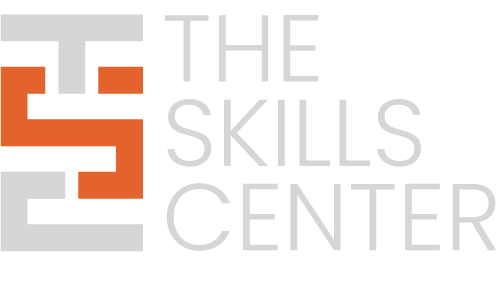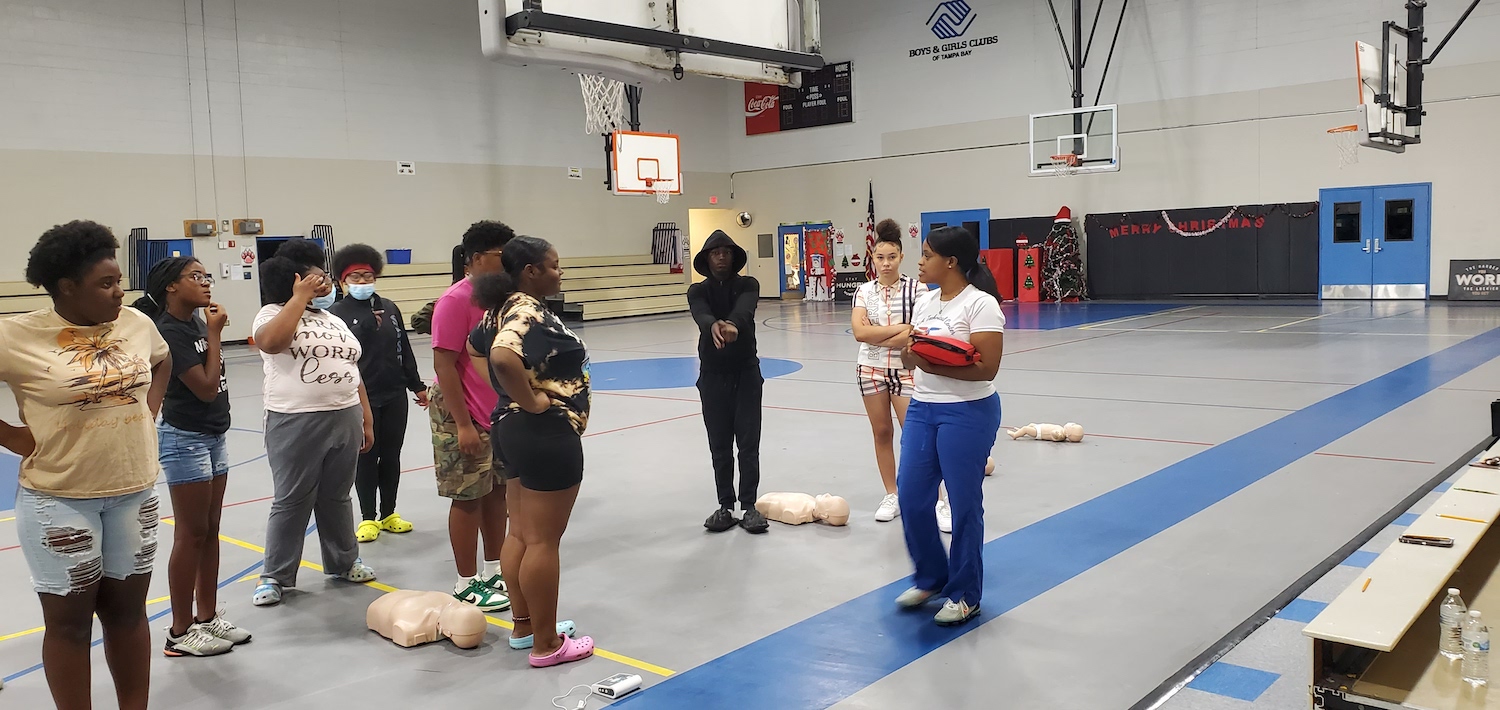
The Skills Center (TSC) in Tampa Bay, Florida is a leader in sports-based education. TSC’s teaches values such as respect, responsibility and leadership through sports and community-based programs such as the Academic Café, PLUS Learn to Lead and the Y.E.S. Programs.
The sports-based youth development model is new and gaining momentum around the world as a potentially powerful medium for teaching character and leadership in children. TSC seeks to be a leader in this new approach to youth development and education.
What is Sport-Based Education?
“Sport-based education (SBE) uses sports intentionally to teach and develop targeted cognitive, social, psychological, moral, and physical outcome goals. Sport-based education involves the application of relevant research in developing curriculum to teach 21st Century survival skills.”
– Jeff Beedy Ed.D Founder of PLUS
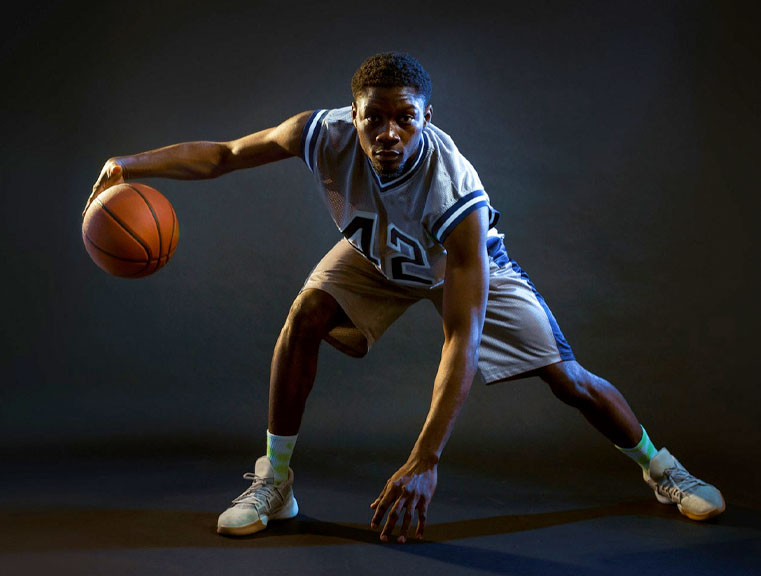
Sports for Development
Sport for Development is a method of bringing about social change through the use of sports. In the U.S. this is commonly referred to as Sports-Based Youth Development. Sport refers to the physical activity and development is any individual, health, social, and economic benefits. Sport for is used as a tool for peace and development. The programs use sport to help children learn lifelong skills as an incentive for the children to improve their scholarship. Sport is used as a tool to reach personal and community goals. Most organizations utilizing this method are geared towards underprivileged children and teenagers in urban areas.

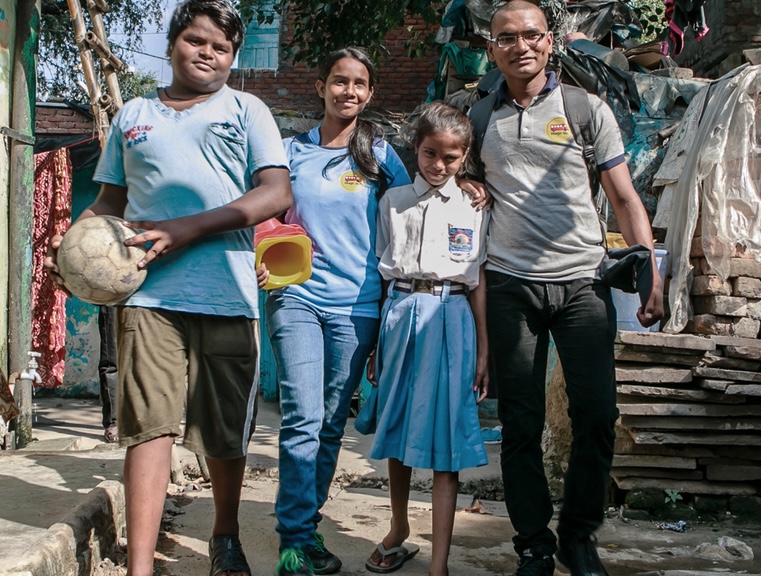
Around the Globe
In India, The Magic Bus, a sport-based youth development program, takes“ children and young people on a journey from a childhood of abject poverty and challenges such as child marriage and child labor, to a fulfilling life with a respectable livelihood.” In South Africa, Women Win, a global sport-based organization for women’s rights, educates adolescent girls on sexual and reproductive health and gender and economic balance through sports. In Somalia, Jeff Asoro employs soccer as a medium to teach courtesy to children who have witnessed decades of violence and bloodshed in their communities. Waves for Change utilize surfing to deter boys from entering violent gangs in South Africa. On the island of Cyprus, the Olympic Doves Movement and PLUS employ sports as a platform to heal the injustices of decades of hurt between Greek and Turkish families. The Skills Center serves as the educational model for a large study of the impact of sports on the socio-emotional lives of 600 middle school girls in Tampa Bay, Florida.

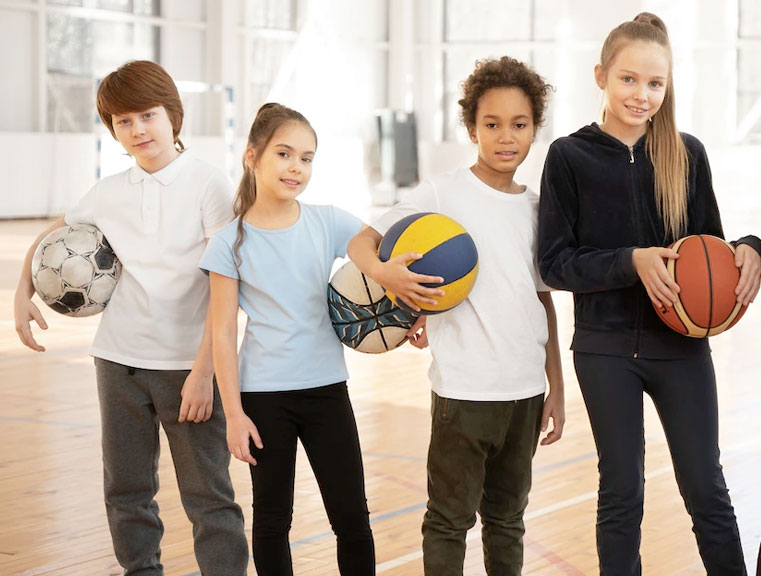
What Do the Children Need to Learn?
These organizations and others understand that for many youth, school is not the best platform to reach children. Children learn best when they are passionate, engaged, and having fun. TSC employs Positive Learning Using Sports (PLUS). These innovative sport-based programs are designed with the specific goal of teaching children something they need in their life. For children in war-ravaged areas of the world, the goal may be developing skills to stay safe. In rural parts of Africa, the goal may be to teach women how to heal from gender-related violence. This approach to education is no different than teaching math to third graders or geometry to high school students. The idea behind sport-based education is sport is used as a platform to develop targeted skills that children need to survive.

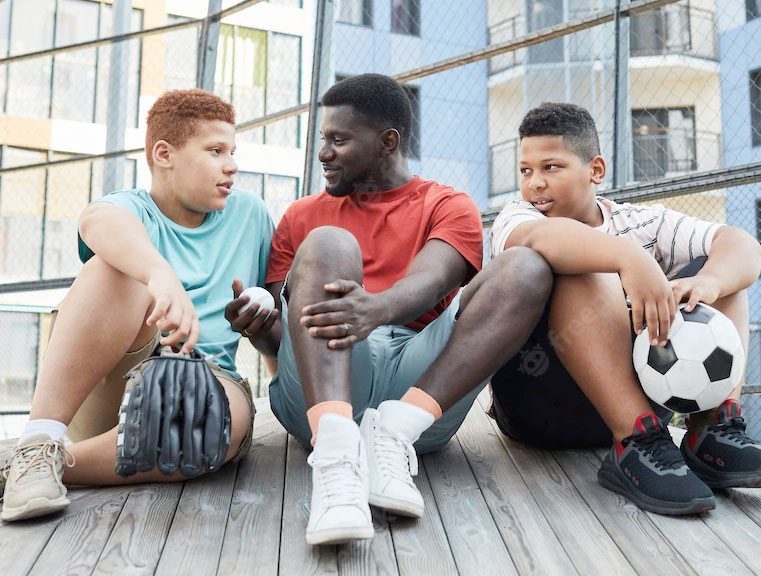
Sports As a Platform
The goals may vary from country to country but the idea of using sports as a platform for development is the common thread. Coaches and counselors are trained in how to use natural teachable moments to advance positive development. The children’s passion for sports is the draw. Sports are the platform. The key for all programs is the design is intentional. Simply rolling out the ball and expecting something magical will occur and children will somehow learn to persist in the face of difficulties is wishful thinking. Up to now, the common saying has been “Sports build character.” This saying fuels many a debate with one side stating that sports are bad and teach violence and cheating and the other side saying that sports are good and teach important skills such as teamwork. Sports-based education is a comprehensive effort to position sports as a natural and potentially powerful platform to reach and teach children around the world.

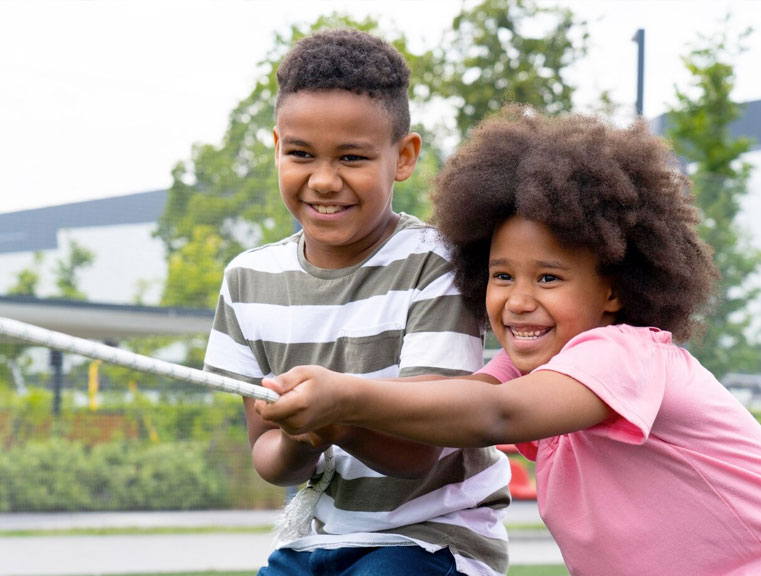
Basic Principles of a Sports-Based Education
The children’s passion for sports is the draw. Sport is the platform. The key for all programs is intentionality. Simply rolling out the ball and expecting something magical will occur and children will somehow learn to persist in the face of difficulties is wishful thinking. What makes this new movement compelling is that so many children around the world love to play sports. Passion and fun attract children to programs. Participation and intrinsic motivation are key to hope and development.

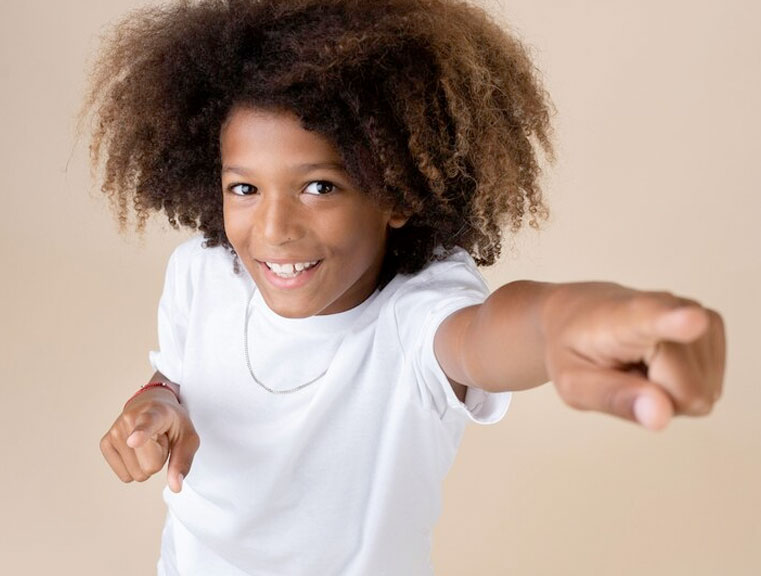
Targeted Whole-Child Goals
Sport-based education (SBE) is using sports intentionally to teach and develop targeted cognitive, social, psychological, moral, and physical outcome goals. Sport-based education involves the synthesis of relevant research and sports. Sports-based education is a comprehensive effort to position sports as a natural and potentially powerful platform to reach and teach all children. Sport, in and of itself, is neither good nor bad. Like any other activity such as Boys and Girls scouts, school, and religion for that matter, the outcome depends on the intention of the program, how the activity is structured, and the quality of the instructors. The key for all programs is intentionality. Simply rolling out the ball and expecting something magical will occur and children will somehow learn to persist in the face of difficulties is wishful thinking. What makes this new movement compelling is that so many children around the world love to play sports. Passion and fun attract children to programs. Participation and intrinsic motivation are key to hope and development.

PHILOSOPHY
What is important?
The philosophy of our program defines why we are doing what we are doing and what we want to accomplish.
PSYCHOLOGY
We need to be cognizant of how children learn in general, and, specifically, how children learn important program goals such as teamwork and responsibility.
PEDAGOGY
How is what’s important taught?
How we “teach and coach” can be understood as our pedagogy.
PROGRAMS
What are your learning activities?
Basically, all of the activities that we design including practices, team meetings, team orientations, readings and rituals make up what we call our Program.
PROGRESS
How do we know our children are learning what’s important?
Valid sport-based programs seek to prove their validity.
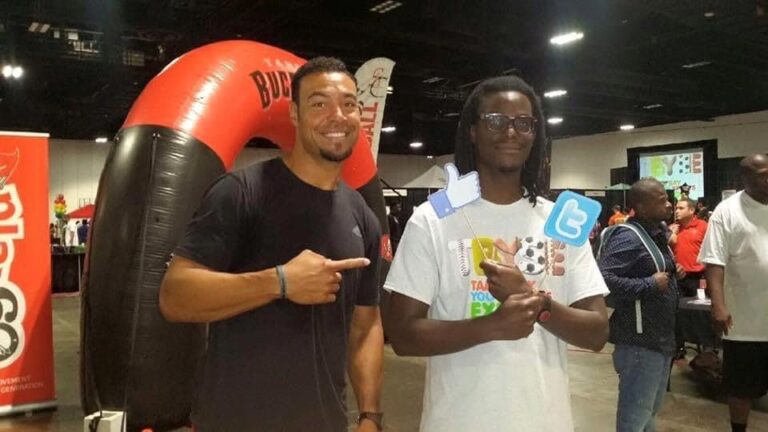
POSITIVE LEARNING USING SPORTS PLUS
Positive Learning Using Sports (PLUS) is the leader in sport-based education and training. PLUS is an international global organization that gives educational training to communities and programs through sports and promoting positive human development and social change. Since 1984, Sports PLUS has reached over five thousand children and trained two thousand coaches and educators in camps and after-school programs throughout the United States, Cyprus, Canada, and Hong Kong.[9] Their PLUS model has five essential steps that communities can use. The steps develop respectful relationships and an understanding of how children learn in groups.
SPORTS INTENTIONALITY
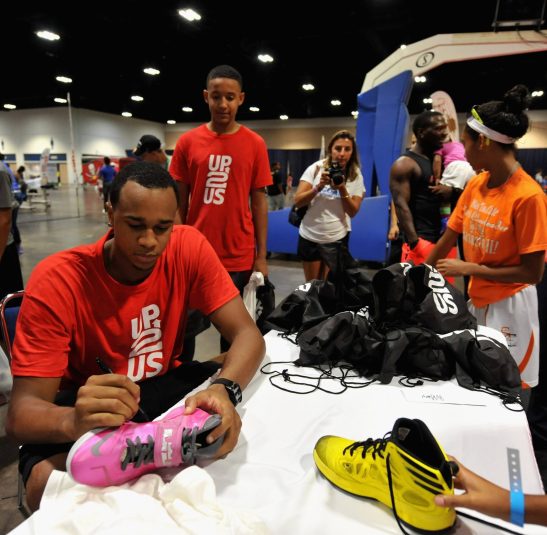
CHOOSE A PACKAGE TO BEGIN
BASIC
$39
monthly
Lorem ipsum dolor sit amet, consectetur adipiscing elit.
- Morbi tempor et
- Vehicula dolor fin
- Vitae eros fermet
PROFESSIONAL
$59
monthly
Quisque nec sem nunc, accumsan placerat eget, ligula.
- Morbi tempor et
- Vehicula dolor fin
- Vitae eros fermet
ADVANCED
$89
monthly
Cum sociis natoque penatibus et lectus. Curabitur ut lacus
- Morbi tempor et
- Vehicula dolor fin
- Vitae eros fermet
